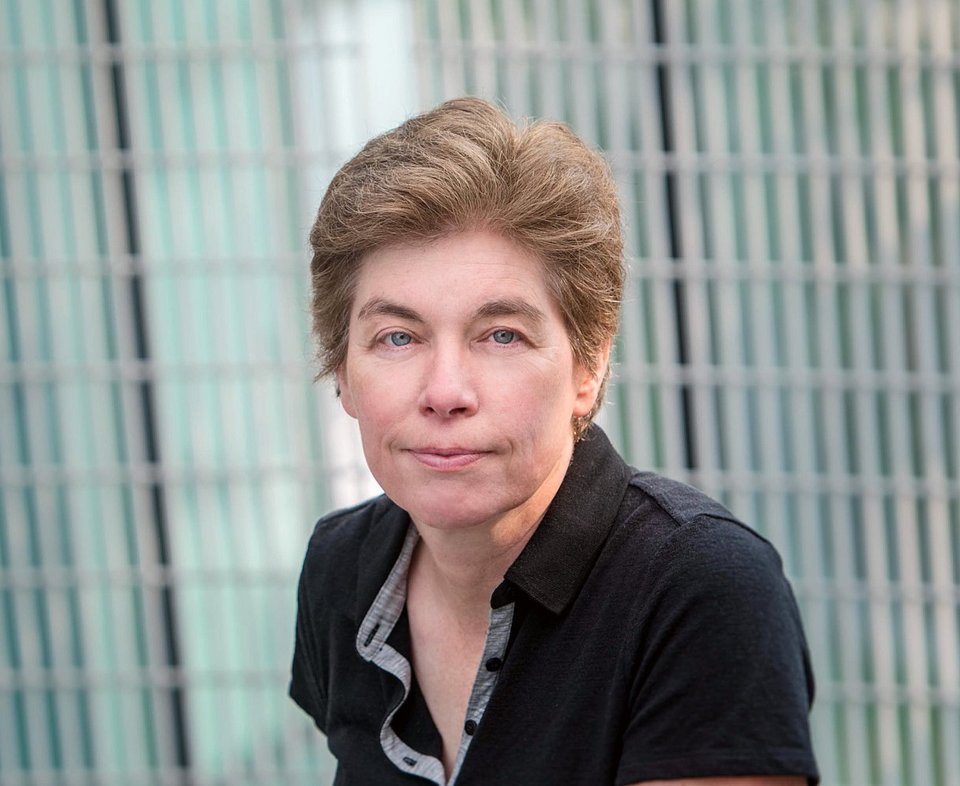Trustworthy and Distributed Automated Reasoning
Gail Murphy (University of British Columbia)
21 April 2023, 14:00-15:00 | ECHO-ARENA | Live stream: https://collegerama.tudelft.nl/Mediasite/Play/3244c760e8f044cea46ba9287afd38d81d
Abstrat
Software that requires maintenance and evolution presumably has value that causes the producers of the software—individuals and organizations—to invest in these activities. Given that there is almost always more that any given software package or product can provide, software producers should be motivated in enabling maintenance and evolution activities and should be interested in the software engineering research efforts that are undertaken to address identified pain points. Yet, despite efforts by providers of research results (software engineering researchers) and interest by recipients (software producing individuals and organizations), a gap remains and too few research results make their way into use. In this talk, I will focus on research results that take the form of software tools for software producers and explore what this gap is and how the gap might be bridged. This exploration will aim to provide some practical tips for how to orient research to create usable and useful software tools.
